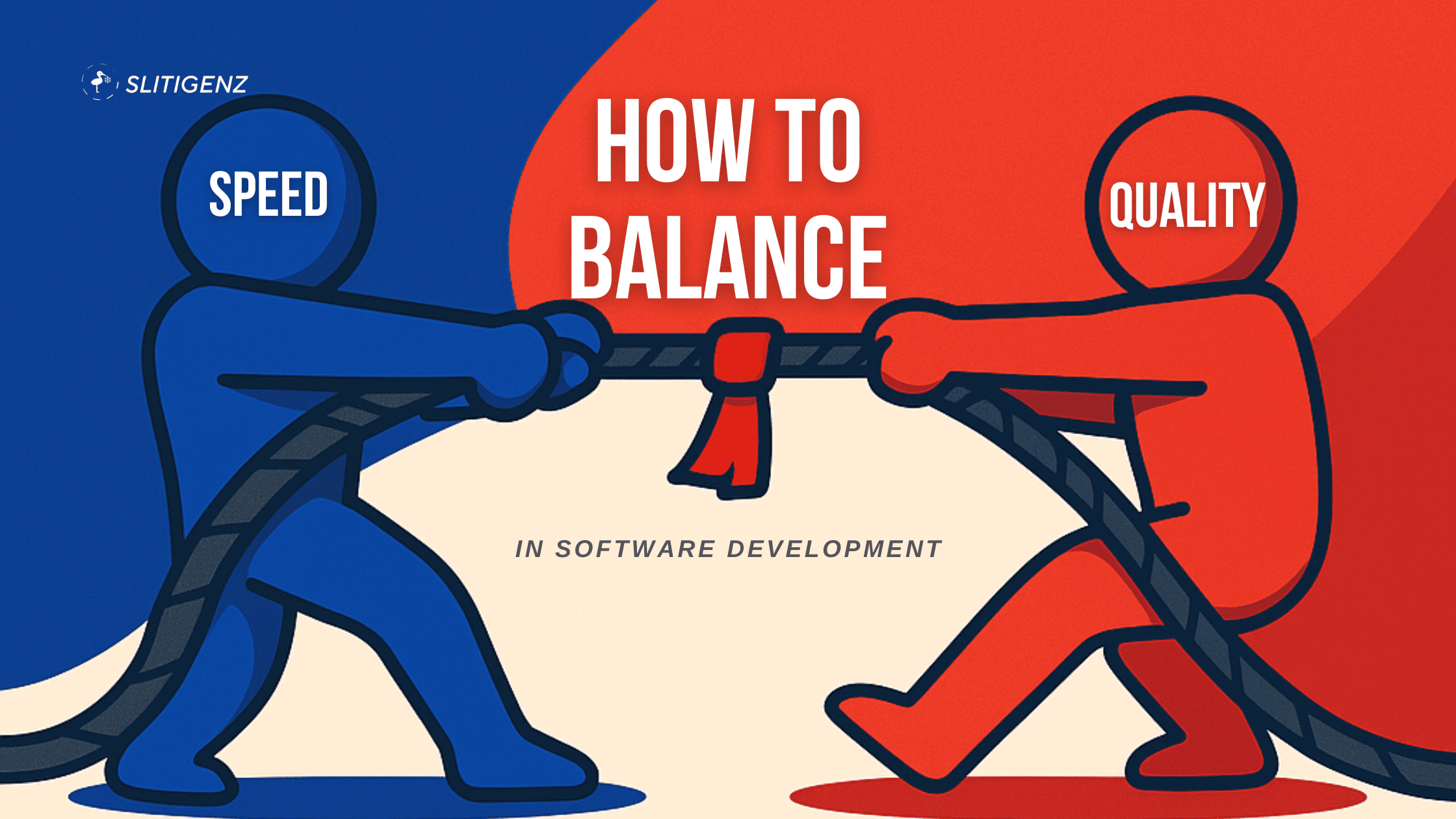Digital finance transformation is a comprehensive approach to financial management that leverages the digital landscape and innovative technology. When implemented effectively, it can yield numerous advantages, including enhanced efficiencies, minimized errors, expedited processes, optimized workforce allocation, and tangible financial gains. The wide-ranging and significant benefits associated with this approach have prompted CFOs worldwide to adopt finance process transformations. However, given that digital finance transformation involves end-to-end enhancement of processes, methodologies, and business practices, it can be a considerably challenging undertaking. While the scope of work required to execute finance transformation effectively may seem daunting, failing to take action could result in your company losing valuable ground, a risk that is unacceptable in today’s competitive and unforgiving markets.
1. Automate digital processes to support finance team growth
As businesses experience growth, they are faced with numerous challenges, and automation has emerged as a crucial necessity. As a company expands and its departments scale, its finance team must undergo a digital transformation to keep up with the pace. Therefore, finance professionals must identify the appropriate digital processes to automate and utilize effectively.
Pavla, whose company manages over 2,200 clients, has identified two critical priorities that require attention. Firstly, billing poses a challenge due to the complex nature of their pricing and billing structure, including payments processing, subscription billing, one-off fees, and transactional fees. To address this, Mews developed an in-house tool for subscription management, which is synced with Salesforce and their financial stack using Zapier.
Secondly, the general monthly close process is a key area to automate early on, as it is a common process in most businesses. With multiple people and dependencies involved, setting everything up in advance is essential to enable closing within five to six days for the full P&L. Pavla recommends Asana and task tracking management to achieve robust results in this regard.

2. Get the right tools for modern finance operations
Quentin faces similar challenges in Double, despite the company being significantly smaller in size. The finance team comprises only one-and-a-half individuals, but the challenges are the same, particularly in terms of billing clients, owing to numerous pricing exceptions and a large volume of data from their systems, as well as monthly closing.
To tackle these challenges, Quentin has adopted a centralized approach, utilizing QuickBooks for all accounting and some reporting purposes. The company’s financial tech stack includes Stripe for invoicing, Carta for employee ownership management, an automated Google Sheets script for billing, and Zapier for connecting most systems. However, Quentin emphasizes the importance of ensuring that all information flows seamlessly and automatically between these systems.
Nevertheless, achieving finance digital transformation requires specific skills, which Quentin acknowledges. Being a technology company, Double has access to engineering resources to make the necessary investments and develop scripts to simplify the finance function, particularly when it is fundamental to the organization.
3. Centralize data from your sprawling tool stack
When Pavla was selecting digital tools for her finance team, she was managing a team of 14 individuals. However, the company grew rapidly, and within four years, the team had expanded to over 300 individuals, which was unexpected for Pavla.
Despite this, Mews still operates on its initial tools, which include Xero, Dext for expenses, and ApprovalMax for approvals. For reporting consolidation, Excel files connected to databases are used, which are refreshed regularly, and they have proven to be stable.
Pavla considers the data warehouse to be a crucial part of the company’s tech stack. Microsoft Azure ETL tools and synchronizers are used to ensure that all of the tools used in the company are connected and stored in a single data warehouse. Although many of the processes that should have been automated with ERP were instead automated through database connections and setups, they have been successful in streamlining the company’s operations.
For Quentin, having a “data lake” that serves as a centralized repository for all structured and unstructured data is critical. This allows for the analysis and manipulation of data in one place. Regardless of the source of truth, building a robust data warehouse allows finance teams to support the digital transformation of their organization as a whole.
4. Build your own digital bots
Johan faces the challenge of scaling Rainbird Technologies’ finance function without incurring additional staffing costs, in addition to the need for more efficient process management. To address this, the team developed a digital finance bot that can “identify R&D projects in the business, similar to how a human would.” Via Slack, the bot communicates with department heads on a monthly basis to flag any new projects as R&D-related or not. The finance bot is being trained to support more of the company’s digital finance transformation, and is continuously acquiring new skills to help scale the finance function, which currently only consists of two members.
5. Hire and develop digital skills
Possessing data-related skills can be advantageous in the early stages of a company. According to Quentin, “many software engineering skills are useful in finance, and there is an interconnection between the two.”
His team has a strong digital presence. “Every role requires a data-driven approach and the use of technology. With regards to my mix of finance and operations, we have everything under one roof and can identify the best person to manage each function as we expand.”
In the future, as the company grows, he plans to hire more experts. “As we expand, we will be able to employ someone who is focused on adding value that we cannot derive from those systems.”
Pavla also agrees with this strategy. Her third hire was a technical student with excellent SQL skills who could create macros and basic automations to support the finance team.
“When they don’t have to export journal ledgers from accounting and then create pivot tables, it makes things much simpler for the rest of the team. They already have a Power BI report where they can just filter out the accounts they need.”
“As soon as feasible, I would recommend recruiting someone with SQL skills, at least for reporting, and possibly annual ledgers.”
As the organization grows, data-related skills become even more essential, contrary to popular opinion. According to Johan, technical hires become more crucial as the company expands. “If I had to recruit someone in the future, it would be a data scientist. I require someone who can evaluate data and extract insights beyond finance.”
Pavla recommends that finance specialists who are unsure how to identify and evaluate the right talents for their team rely on other team members. “Having a fellow developer assist you in identifying that person in an interview can be helpful. I’ve had colleagues who were more technical than I am checking people I was hiring.”
Why is Digital Transformation in Finance Important?
It is imperative for the finance industry to transition to digital practices to remain abreast of emerging technology and cater to consumer needs. While client-facing digital transformation initiatives have already proven to be beneficial, the finance industry still lacks back-office digitization efforts.
Digital transformation has revolutionized the customer-facing section of the industry, whether through AI-powered budgeting services like Digit or instant payment platforms such as PayPal. However, businesses must also focus on digital transformation processes for their back-office operations. This approach makes employees more productive, streamlines business functions, and enhances service delivery. The benefits of digital transformation in finance are as follows:
Reduced Errors and Reporting The finance function is plagued by human errors, regardless of the level of expertise of finance professionals. Simple errors, such as typos, broken links, and outdated data, can cause significant problems. Digital transformation advocates for the use of a single platform that provides a 360-degree view of reports and the numbers therein, making errors easier to spot. Moreover, data is shared and updated within a single system, minimizing the likelihood of outdated data. Centralizing and organizing everything across departments results in reduced errors and better compliance with finance laws and regulations.
Enhanced Security Finance operations require the handling of sensitive data, and finance professionals may not be cybersecurity experts. It is, therefore, the responsibility of CFOs and other leaders to find a system that prioritizes information security. A digitalized system allows sensitive data to be stored in a secure cloud-based system. SaaS solutions that cater to finance teams often offer advanced security to protect sensitive data and restrict access to it, even within a team.
Advanced Analytics Digital transformation empowers you and your team to leverage numbers, formulas, and other critical data to work for you, not the other way around. With innovative machine learning, AI, and real-time data processing, advanced analytics are easily accessible.
Manual review of analytics can be entirely overhauled, leading to improved accuracy and reduced time expended. Automated analytics, adaptable and not dependent on manual processes, can deliver intelligent insights with the right solution.
Improved Employee Performance Providing effective automation and collaboration solutions to your finance team is key to their success. Digital tools streamline repetitive, tedious tasks such as vendor management, cash flow forecasting, accruals, and audit preparation, resulting in improved employee performance.
Optimizing search tools, automating task execution, and enhancing business processes are essential elements of digital transformation. Ultimately, digital transformation provides support to finance teams, simplifying their jobs and increasing operational efficiency.
Key Takeaways for Digital Finance Transformation Despite lagging behind in finance back-office operations, digital transformation is gaining momentum, particularly in light of the recent pandemic. Uncertainty persists, making it crucial to implement digital processes enabling teams to work from home or adopt hybrid work functionality seamlessly with the necessary tools.

AI is increasingly embedded in software engineering workflows, and selecting the right AI coding agent has become a key differentiator...

Speed and quality in software development are not mutually exclusive, but they are often in tension. Many engineering teams face...

Want to deploy a static website on AWS EC2 using Nginx in under 15 minutes? This guide will show you...

What Makes Grok-3 Stand Out? On February 18, 2025, Elon Musk and xAI officially launched Grok-3, an advanced AI model...


3 Comments
I have been surfing online greater than three hours as of late, but I never found any interesting article like yours. It¦s lovely price sufficient for me. In my view, if all site owners and bloggers made just right content as you did, the web shall be a lot more useful than ever before.
Thanks for paying attention to our blog. Our consultation is free so you can leave your questions here and we will try to answer them asap.
Thanks for paying attention to our blog. Our consultation is free so you can leave your questions here and we will try to answer them asap.